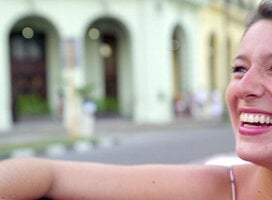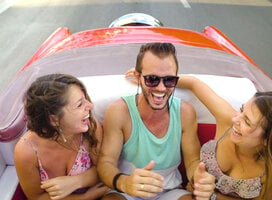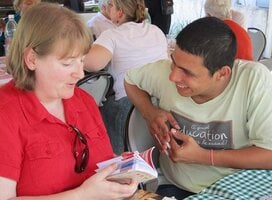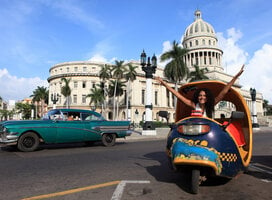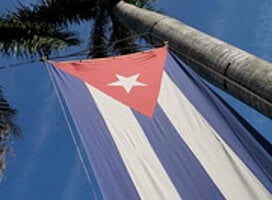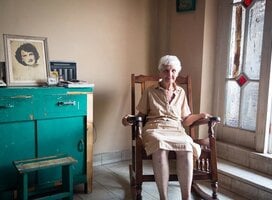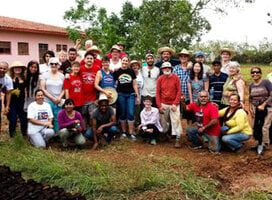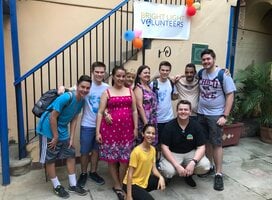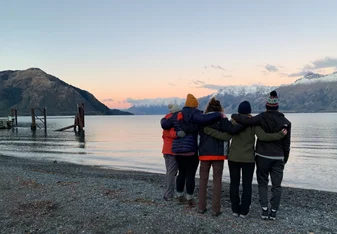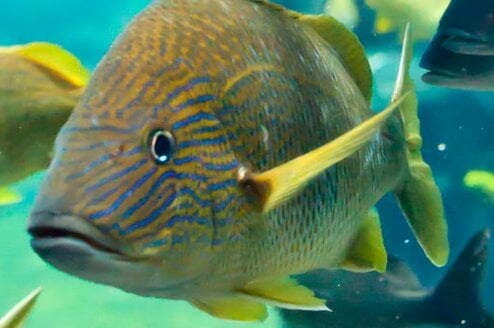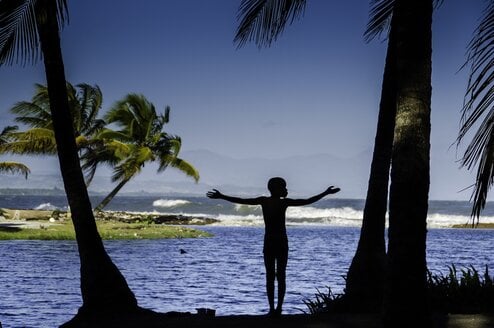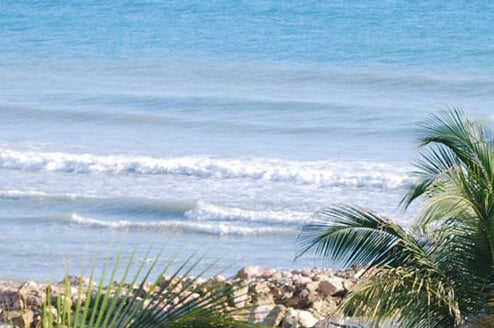Gap Year in Cuba
Perhaps you’ve always been able to visit Cuba without restrictions. Or if you're a US citizen, maybe you’ve always dreamed about it but were held back due to political restrictions. Either way, the time to get there is now because Cuba's colorful culture and unique spirit should be on every traveler's bucket list. Opportunities for a gap year abound, with prospects to learn Spanish, volunteer, or exchange in a cultural exchange. So start packing and get ready for your gap year in Cuba.
Your interests will dictate how you spend your Cuban gap year. Spending time in Cuba, whether it’s to learn the language, help the people or explore, will be both fulfilling and exciting.
Learn Spanish
It’s always a good idea to learn Spanish, as it’s the second most prominent language in the world. But learning Spanish in Cuba during your gap year isn’t just a good idea, it’s a great idea! The people are friendly, which means you’ll be practicing outside the classroom in no time. Havana, Trinidad and Santiago de Cuba are known to have schools.
Volunteer
For those looking to give back and make their time in Cuba meaningful, there are a few volunteer options.
Volunteers interested in working with wildlife can help with bat conservation on the beautiful Varadero peninsula. Participants are given the opportunity to perform field research and learn important handling and recognition techniques. To top it all off you are able to work in beautiful caves that are off-limits to the general public.
Travel
Whether you’ve been to Cuba before or it’s your first time, there’s plenty to discover during a travel-focused gap year in Cuba.
Vibrant cities like Havana, Santiago de Cuba, and Trinidad provide the opportunity to immerse yourself into a vivacious culture. The nightlife in Havana is hard to beat with bars and clubs galore and salsa around every corner.
Trinidad is rich in history and, as such, is an established UNESCO World Heritage Site. Santiago de Cuba is the heart of the revolution and takes great pride in its historical significance. In whatever cities you visit, don’t miss out on the delectable Cuban food that is a mixture of Spanish, Caribbean, African, and native Taino.
Nature lovers rejoice! Outside of the city centers, Cuba has a breadth of beaches and countryside for exploring. Las Terrazas is a spectacularly green ecosystem in the Sierra del Rosario Biosphere Reserve that has zip-lining, lakes, hiking trails, and swimming holes. Parque Nacional Topes de Collantes resides in the Sierra del Escambray mountains and is brimming with waterfalls and excellent hiking trails. Varadero Beach is the most famous in Cuba due to its sparkling white sands, caves, and offshore cays.
Do note, however, that because of legal constraints, it's unlikely that you'll be able to fill a full year just traveling in Cuba, but it's a great destination to add onto a longer trip.
Visa requirements for Cuba differ based on your citizenship, so always check with your local embassy before traveling.
British, Australian, and Canadian citizens are required to have a visa card before arrival in Cuba. Also mandatory is a passport valid upon entry (although it is encouraged to have it valid through the entirety of your stay), proof of a return flight home, and approved traveler insurance. A Cuban visa card is valid for 30 days and can be extended another 30 days once you’re in the country.
US citizens must meet various requirements before the United States government will authorize them to visit Cuba. A few of the 12 categories include family visits, professional research, educational activities, religious activities, and volunteering.
